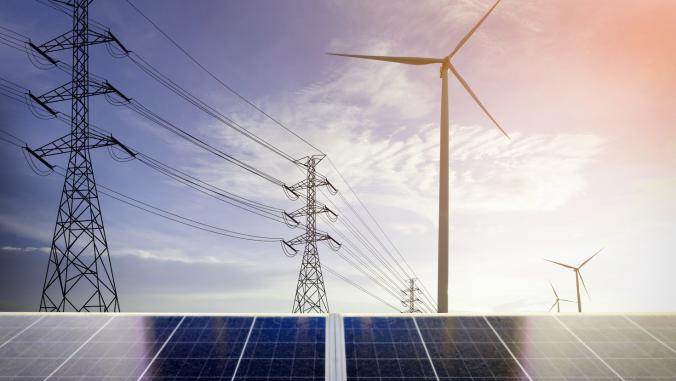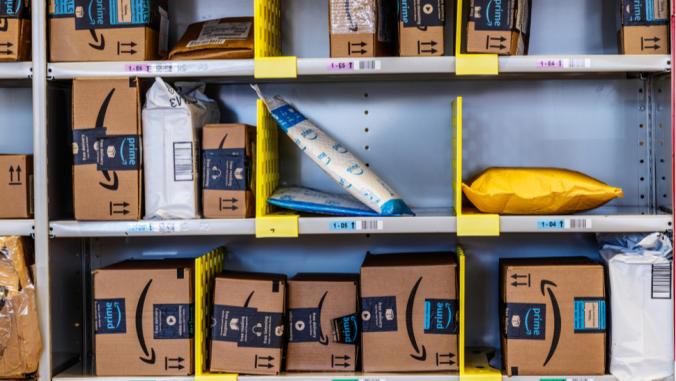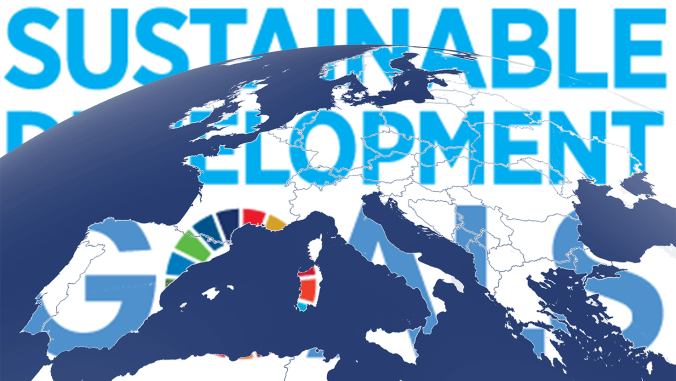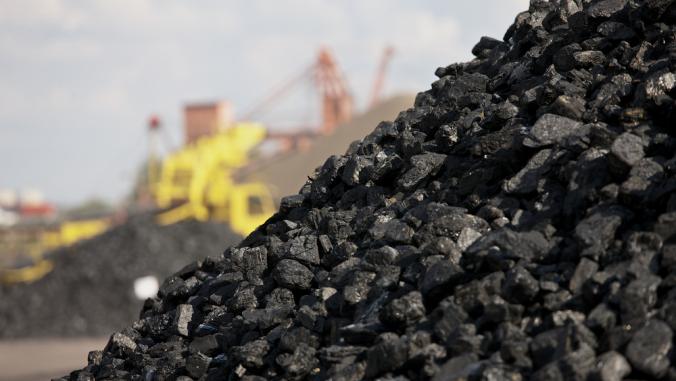WWF leading corporate giants to epic carbon cuts
<p>Coca-Cola, Sony, HP and IBM are among the WWF Climate Savers members that have collectively cut carbon emissions by 100 million tonnes since the program launched in 1999.</p>

Around 30 of the world's largest companies have saved more than double the annual carbon dioxide (CO2) output of Switzerland through the WWF's corporate carbon cutting scheme since it began in 1999.
A review of the campaign group's Climate Savers program, whose members include Coca-Cola, HP, Sony and IBM, found more than 100 million tonnes of CO2 had been avoided in the period up to 2011. The program also numbers Nike among its ranks, although the sportswear retailer had to admit last week its emissions rose substantially last year following a boost in sales.
But through extrapolating companies' commitments under the WWF scheme out to 2020, analyst firm Ecofys estimates overall emissions savings from direct operations, indirect sources and the supply chain since 1999 could exceed 350 million tonnes.
It adds that the potential for carbon cuts could go even further, claiming that if other major corporations followed the same path in the 16 business sectors where the program is currently active, between 500 and 1,000 million tonnes of emissions could be avoided annually in 2020.
WWF said cuts of this scale would then help to close by up to 9 percent the yawning "emissions gap" between worldwide carbon reduction pledges and the decreases needed to keep global temperature rise to two degrees, which most scientists agree is crucial to avoiding the worst effects of climate change.
"The leadership shown by Climate Savers confirms that companies in diverse sectors can do good business and take a bite out of climate change," said Alexander Quarles van Ufford, senior partnerships manager at WWF International.
"Resource efficiency and the goal of a low-carbon economy have to become part of the corporate DNA, particularly given high fuel and commodity prices."
However, Quarles van Ufford added the private sector would need support from governments to achieve the necessary reductions.
"Greater voluntary efforts by industry are possible and essential. But the size of the task means it cannot be accomplished solely by voluntary business action," he said.
"Governments have to strengthen the international policy framework to mandate deeper emission reductions."
This article originally appeared at BusinessGreen.com and is reprinted with permission.





